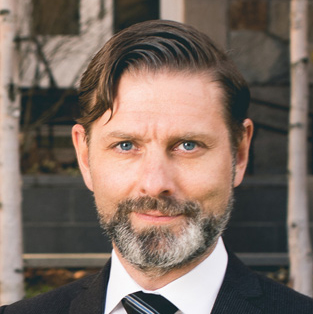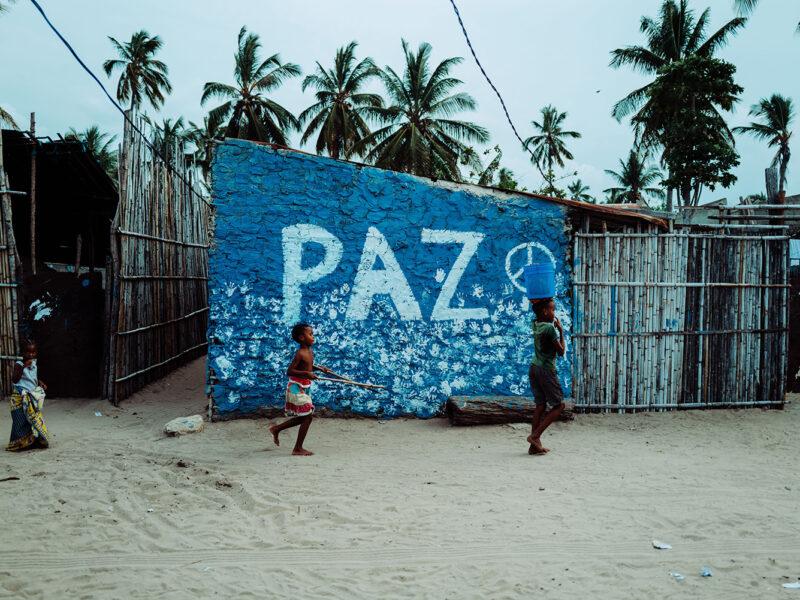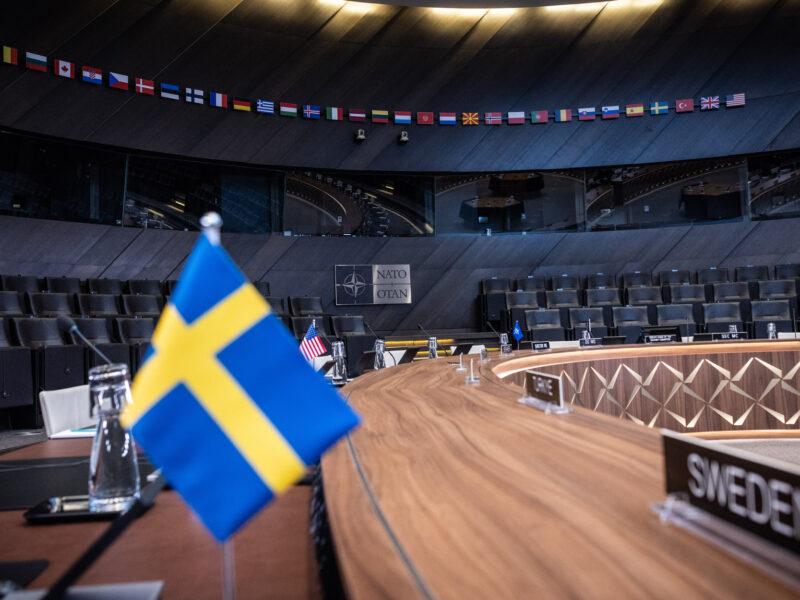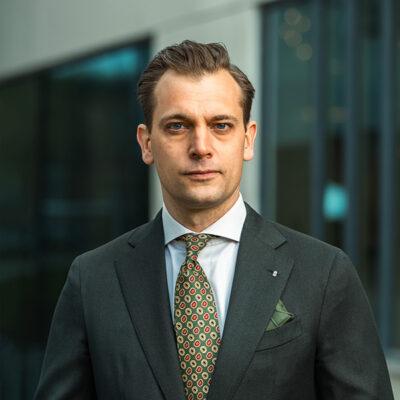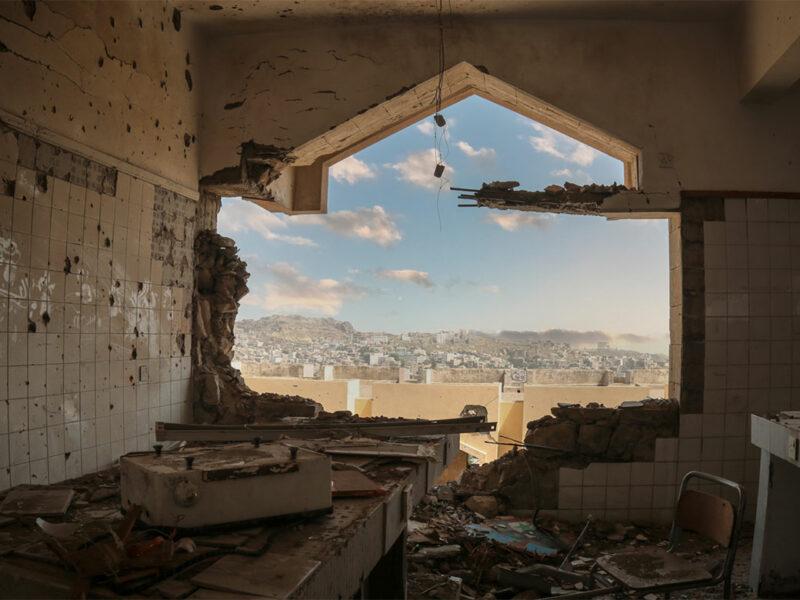Time for the Vikings to set sail again
In just about a week, the Viking-18 exercise will start. In rough figures, around 3000 people (out of which some 300 are civilians), of 60+ nationalities, will meet across nine international sites to do a multinational, joint and civil-military exercise. It is the grand finale of almost two years of hard work by a dedicated group of individuals from many nations and organizations, including FBA, which has the role of facilitating and coordinating the civilian strands of the exercise. As the 8th of its kind since the first Viking exercise in 1999, the event is also a result of almost two decades of evolution and continuous adaptation to reflect contemporary challenges in peace operations.
My own role will be that of the Deputy Exercise Director (for the civilian dimension), trying to help out in making sure that the exercise provides the right environment in order for the training objectives to be met. Together with my counterparts from the Swedish Armed Forces, I will do my best to keep the Viking flotilla on course during the execution of the exercise. And – what a flotilla it is. I admit I haven’t systematically investigated the issue, but it is probably one of the largest exercises of its kind in the world.
The Viking exercise deals with a comprehensive approach, in a conflict situation in the fictitious country of Bogaland, where a UN mandated chapter VII operation includes the sequential and parallel deployment of UN, EU and NATO missions – as well as humanitarian organizations. Comprehensive approaches are all about working together, across professional boundaries and organizational divides, to increase the prospects of reaching shared aims. Very simply put, the underlying assumption is that such approaches will deliver better cost-efficiency (through avoiding duplication of effort or counter-productive action), better effect (joined-up resources and efforts address the oftentimes complex root causes of conflict), and better sustainability of those effects (that is, that the continuation of any gains will still be there when the interventions disengage). Our job, as part of the team designing and conducting the exercise, is to provide an as credible and valuable exercise environment as possible for exploring those values.
Arguably, comprehensive approaches or similar calls for cooperation have been around for a very long time. Gaining traction some 15 years ago, the actual conceptual term is mostly associated with peace operations, which are huge and complex undertakings requiring the joined-up efforts of political, security and development actors as well as the host country (and – on specific terms – the humanitarian relief professionals) in conflict or post-conflict environments.
So, what aspects of a comprehensive approach are we going to train? In Viking, the focus will be on three main elements:
First, a comprehensive approach benefits from mutual knowledge concerning the various contributors to contemporary peace operations. Promoting understanding on what military, police and civilians do in peace operations, and the rationale behind them being there, helps putting your own role into perspective and can guide your actions.
Second, the prospects for and limits to interaction between military, civilians and police should be explored. It stands to reason that many things can be done better if the different professions work together. However, it is equally important to understand that coordination of efforts has its limits. As an example, for humanitarians, interactions with other parties is highly regulated and based on a very specific set of principles. For them, association to political and military actors can limit their crucial freedom of movement and access to people in need.
Third, as in any cooperative effort, a comprehensive approach requires sharing of information between stakeholders. This is easily said, but not as easily done. Varying professional languages, channels of communication and issues around operational security can work against information sharing, however needed.
There are of course several other factors associated with comprehensive approaches, but given the fact that we have a limited number of days doing this exercise, these will not be part of the set-up.
Now, exercises of this nature are not without challenges. Dedicated trainings within each profession are of course common, but exercises with this kind of scope and ambition where professions meet are much rarer. Viking-18 is a truly unique such event. I am very happy that the organizations we involve, such as the UN and the EU, have jumped on the opportunity, providing both such a high quality training audience, as well as highly experienced experts in support of exercise design.
There is no common multi-organizational standard procedure or doctrine for cooperation and coordination for a set-up like the one in Viking-18. Indeed, it is part of the exercise to explore ways on how to set up suitable coordination arrangements, in full respect of the strengths, constraints and restraints of the different actors’ mandates and operational culture.
Viking-18 is not a validation or certification exercise – it is about learning and improvement. And if we manage to learn and improve, this will surely benefit the men, women, boys and girls we are trying to help and support in conflict-affected areas. An exercise is by definition an artificial emulation of real operations – it can never be the real thing – and we all need to accept that fact in our expectations. Viking-18 is an opportunity to explore, learn, and succeed or fail, without the pressure and risks of real interventions, and without the potential consequences of faulty decisions in such environments.
Learning and improvement should also start from a reflection on current practices and experiences. As the aims of the exercise include training on current operational concepts as well as existing challenges, we have chosen to integrate three cross-cutting themes to provide focus in the design and conduct of the exercise: leadership, gender, and protection of civilians. These areas are not randomly selected. We know from both research and operational experiences that they are key elements of where contemporary peace and crisis response or crisis management operations need to improve. By addressing them in this civil-military exercise environment, our hopes are that the participants will return home with a greater understanding and new ideas on how to deal with them in real missions ahead.
Personally, I really look forward to the start of the exercise next week. I am confident that – true to the intentions of Viking-18 – I will learn many things in the coming two weeks. Together with the rest of the team, I will do my best to try to help provide an equally positive learning environment for all participants.
With that – time to set sail. Let us all wish for fair winds for the Viking-18 expedition.
av Markus Derblom
